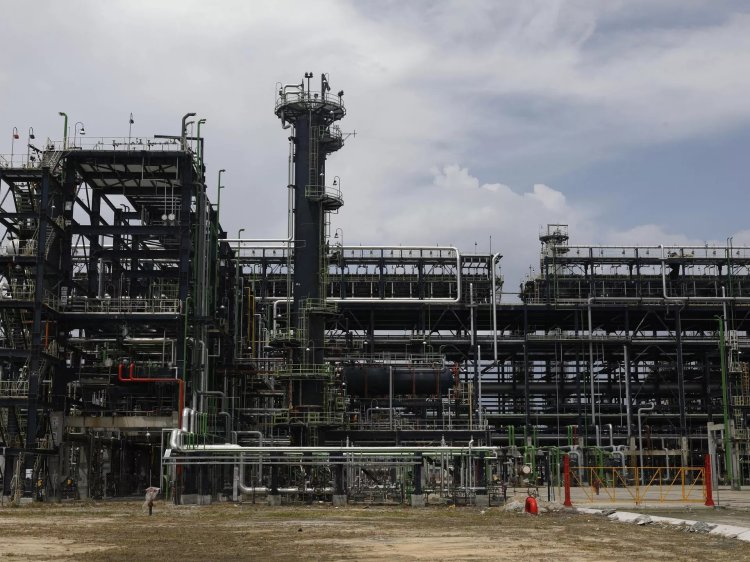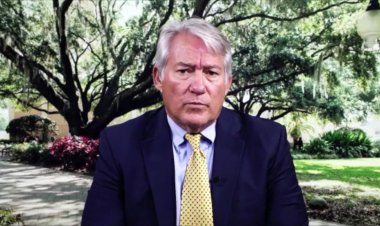Dangote Seeks Halt to Fuel Imports in Nigeria

The director of the Nigerian Midstream and Downstream Regulatory Authority told reporters that billionaire and oil magnate Aliko Dangote has requested the authorities to suspend diesel and aviation fuel imports. According to the director, this action appears to be an attempt to establish a monopoly on the country's market.
Nigeria's Dangote refinery will hit production of 550,000 barrels per day (bpd) this year, equivalent to 85% of capacity, but it is having to increase crude imports due to insufficient domestic supplies, the plant's CEO said.
The Dangote refinery began production in January after several years of delays.
But the refinery has been at odds with Nigeria's upstream regulator, who said the sulfur content in the company's gasoil was well above the required limits of 200 parts per million (ppm), which the firm has rejected.
The refinery's billionaire owner Aliko Dangote said that although the sulfur level was higher when production started earlier this year, it had been reduced and would fall further to 10 ppm in early August as output is ramped up.
“We are selling in dollars but also to help bring down that price, you know we sell also in Naira, but NNPC (Nigerian National Petroleum Corporation) and other people that sell to us, they are only collecting dollars,” he added.
Dangote has long complained about dirty fuels being imported into Nigeria.
Chief Executive Dangote said the 650,000-bpd capacity refinery, which is the largest in Africa, had only received five crude cargoes from state oil firm NNPC since it started operating earlier this year, instead of the 15 it expected.
NNPC had in the past agreed to supply the refinery 300,000 bpd but it is struggling with low production and some of its crude is being exchanged for gasoline imports.
The $20 billion refinery, built on the outskirts of Lagos is Africa's largest, and is designed to end Nigeria's dependence on imported fuels because of insufficient refining capacity.















